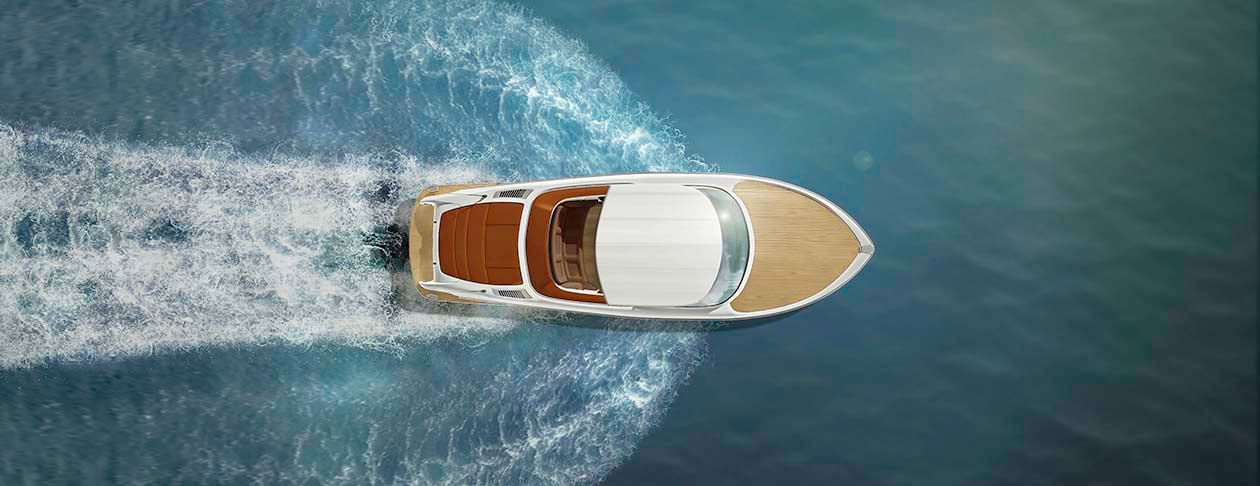
 Boating is not just a hobby, but a way of life for many boat enthusiasts. Whether sailing on the many lakes in New Hampshire or taking your motor boat into the open seas off the Seacoast, an unexpected accident could leave you high and dry. To protect your investment and keep you sailing, you should have a NH boat insurance policy and understand at least the policy's basics.
Boating is not just a hobby, but a way of life for many boat enthusiasts. Whether sailing on the many lakes in New Hampshire or taking your motor boat into the open seas off the Seacoast, an unexpected accident could leave you high and dry. To protect your investment and keep you sailing, you should have a NH boat insurance policy and understand at least the policy's basics.
NH Boat Insurance Basics
Buying a boat is a significant investment. Though some homeowner insurance policies can offer limited coverage for very small (and slow) boats, you should check with your insurance professional to see if your boat fits the criteria of boat type, size and speed.
A better option is to buy a policy designed just for boats and other watercraft as the policy is designed for the risks associated with boating. Without any coverage, or the limited coverage possibly offered on the homeowners policy, you could be left absorbing a large bill if you are in a boating accident, run aground, or get caught up in a storm and sink.
Insurance coverage for boats can vary significantly between policies and companies so it's important to understand your needs and what you want to protect when looking at coverage options.
Types of Coverage Available on a NH Boat Insurance Policy
As any boat owner knows, the expenses associated with having a boat are endless. Whether your boat is in storage or on the water, it is important to protect your investment and financial well-being against the unexpected. The good news is that many boat policies allow you to customize your coverage to fit your needs with:
- Physical damage - for the boat itself
- Liability coverage - for the damage to another's property or injury
- Fuel spill coverage
- Wreckage removal coverage
- Uninsured/under-insured watercraft liability coverage - if you are injured by an un/under-insured boater
- Medical payments
Even if you do not want to insure the boat itself, the boat can still be involved in an accident injuring someone or damaging property.
Actual Cash Value vs. Agreed Value Boat Coverage
If your watercraft is determined to be "a total loss" in a covered claim, it means the cost of the repair the watercraft is greater than the boat's actual cash value. In that situation, the policy will pay for the damage to the boat generally one of two ways, either actual cash value (ACV) or agreed value. Some companies provide you the option to select which settlement option you prefer when the policy is first purchased, while others do not have options.
Agreed value is exactly what it sounds like in that you and the insurance company have previously agreed on the value of the covered watercraft beforehand. If the policy is written for $10,000 agreed value, and there were a total covered loss, the company would pay you $10,000 less your deductible. Because of this it is important to accurately insure your boat from the beginning because the company would not pay more than this amount.
Actual cash value is determined by figuring the cost of repairing or replacing the watercraft, less depreciation and wear and tear. As depreciation can be significant, agreed value is typically the preferred coverage for many boat owners. The Seacoast or the Lake?
The Seacoast or the Lake?
When purchasing a watercraft policy, it is important to consider where you will be taking your boat. Some boat insurers limit the coverage based to what you indicated on the initial application (either inland or ocean). If you have the possibility of going between inland waters and the ocean, make sure you inform your carrier. There may also be a mileage restriction from shore even if your company is aware you use it on the open seas. This is not to imply that you cannot get coverage for wherever you take your boat, you just want to be aware of what your policy currently states and amend it if necessary.
You will also want to consider where you register and dock the boat as this too can impact coverage. If there are any inconsistencies between your residence, docking, registration, usage or insurance, be sure to discuss it with your insurance professional to make sure there are no holes in coverage.
Seasonal Boat Coverage
Obviously in New Hampshire, boating is a seasonal activity. If you are tempted to cancel your policy while your boat is in storage, you may want to reconsider. If you remove all coverage, then you would not have any coverage for fire, theft, vandalism, or many of the other things that could occur to your boat even while on land. Most companies allow boat owners to reduce the coverage while in storage however it is up to the boat owner to remember to add the coverage back on when the boating season begins. Keeping a boat policy in effect all year, also saves you time in not having to go through the quoting process each year as well as completing an application and coming up with a deposit.
Boating is a favorite pastime in New Hampshire. Protecting the investment in your watercraft with proper boat insurance will help make sure you can keep sailing, even after an accident. Happy sailing!


